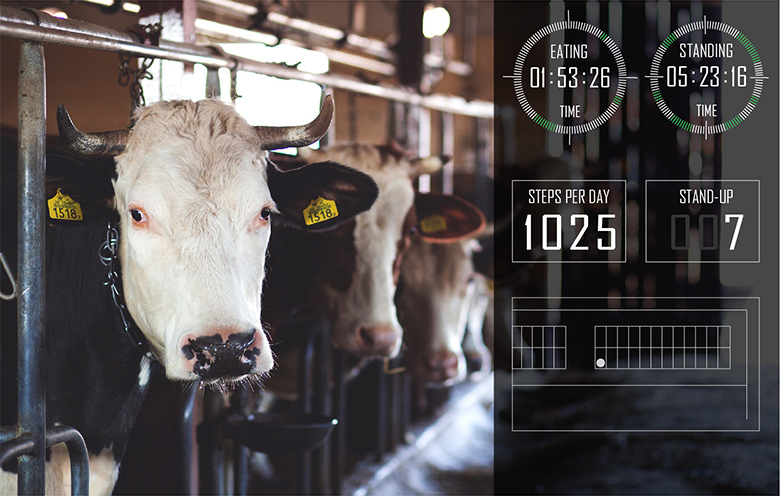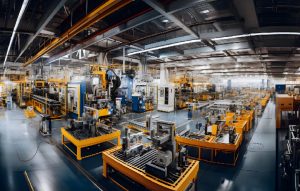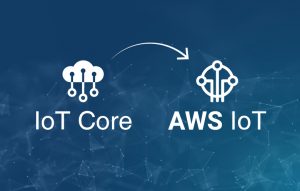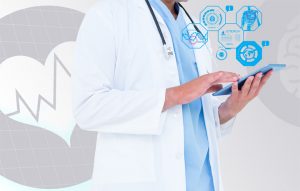There’s an increasing global concern for the expansion of agriculture production to produce enough food for the world population. Thus, the importance of livestock management in agriculture holds utmost value for livelihood. But, with the ever-growing concern about land and water resources, farmers struggle to manage their crops and livestock. Apart from this, reducing waste and cutting overall costs remains a priority for farmers.
The new advancements in technology plays a crucial role in helping to improve the quality and quantity of agriculture production. This is when the Internet of Things (IoT) comes into the picture. It brings possibilities for farmers to optimize their livestock health using remote monitoring and data-driven decision making. Here are some interesting use cases of livestock monitoring using IoT.
Monitoring health levels
It is crucial to monitor the health levels of livestock to prevent illness and diagnose diseases earlier. IoT solutions use wearables such as electronic bands with the capability to stream data to the cloud. These wearables are mounted on the animal while the built-in sensors in them help to capture data and notify farmers about several factors that directly have an impact on livestock health.
Monitoring heart rate, respiratory rate, blood pressure, digestion level, and other vitals can help farmers stay up-to-date with their cattle’s health levels. Moreover, tracking these factors also contributes to a significant reduction in livestock feeding issues.
Monitoring reproductive cycle
Observing an animal’s reproductive cycle traditionally is tedious, but with the help of IoT-based monitoring, it can be made easier. For instance, a connected IoT device can help to monitor and measure a cow when it goes into heat, as cows can be in heat for around eight hours. Not just that, but the same device can also notify the farmer when the cow goes into labor thus making the calving process safer. IoT-enabled monitoring completely removes the need of supervising cows manually for the calving process and promotes safer and successful births.
Location tracking
It is common for livestock to separate themselves from the herd, specifically when they are ill or in heat. Often, farmers face a tough time locating these separated livestock. With the help of IoT wearables, this hassle is eliminated, and livestock can be found in no time. IoT devices track the movement pattern of animals, locate them and help to optimize their grazing patterns. Moreover, the sensors integrated into the IoT device can notify the farmer when cattle’s behavior appears to be changing.
Maximizing livestock livelihood
Monitoring behavior of herds is one of the most crucial tasks for farmers. With the use of IoT devices, it is easy to correlate cattle movement with specific behaviors such as pasturing or lying down to chew cud. By monitoring cattle behavior, a farmer can easily identify if the cow needs to be milked at that time. Not just that, IoT devices can also help to measure the milking amount and speed. Similarly, they can also track the amount of food a cow consumed and the number of steps it walked in a day.
The sensors embedded within wearables that can be tied around the cow’s neck, help farmers to personally supervise the session based on the needs. All the data gathered from the cow’s activity allows a farmer to help cows improve their diet and increase lactation. IoT along with rich data-driven insights can help farmers to improve the way they monitor their livestock.
The bottom line
There’s no longer a need for farmers to depend on their gut feeling to make crucial decisions. An IoT solution for livestock that is backed up by real-time data can provide key insights in most aspects of farming livestock. Moreover, such solutions enable farmers to make better decisions that result in reduced waste and maximum efficiency. Farmers can start reaping greater productivity and revenue by integrating a livestock monitoring system. To know more about smart livestock monitoring, get in touch with our experts.









